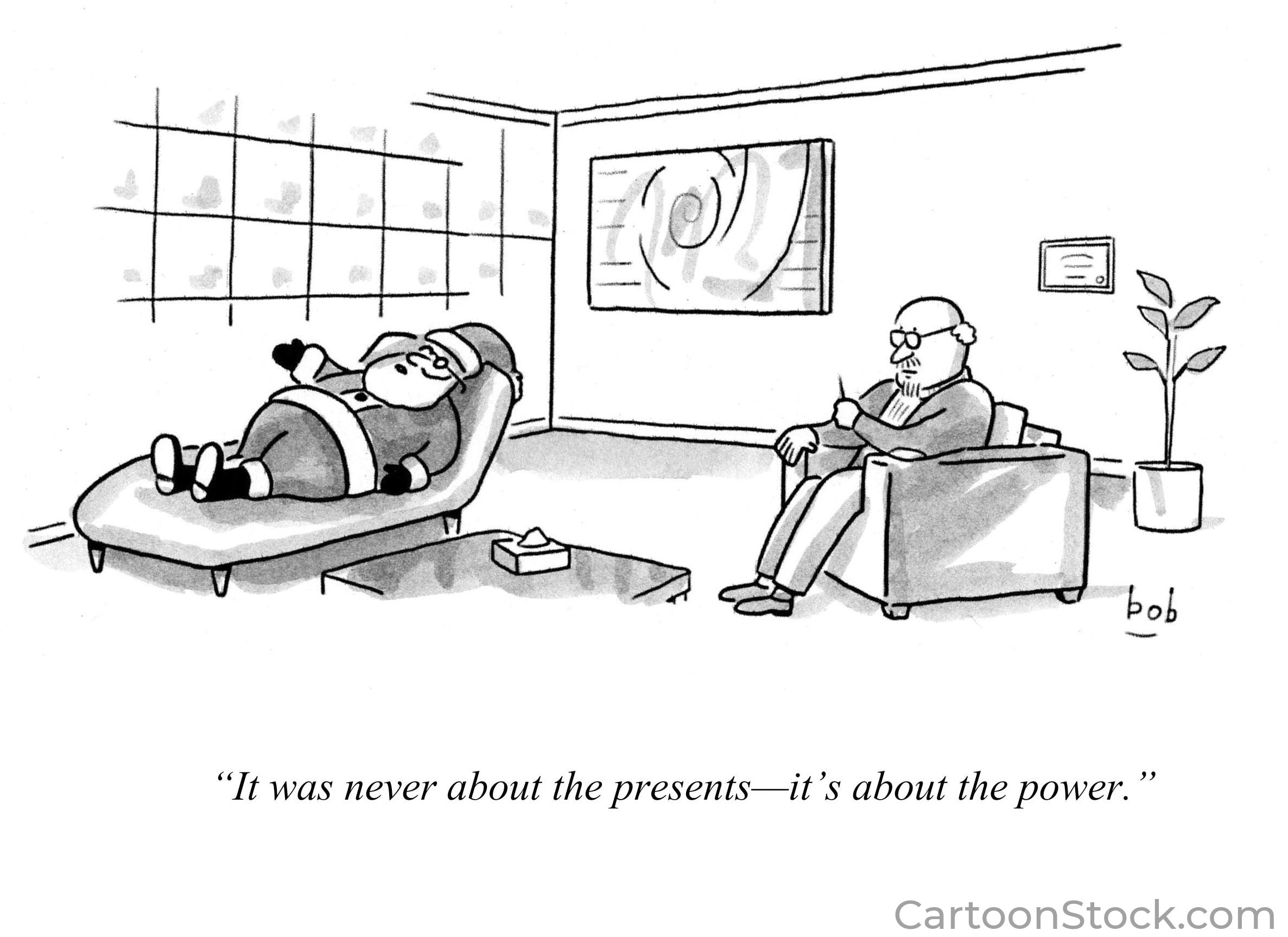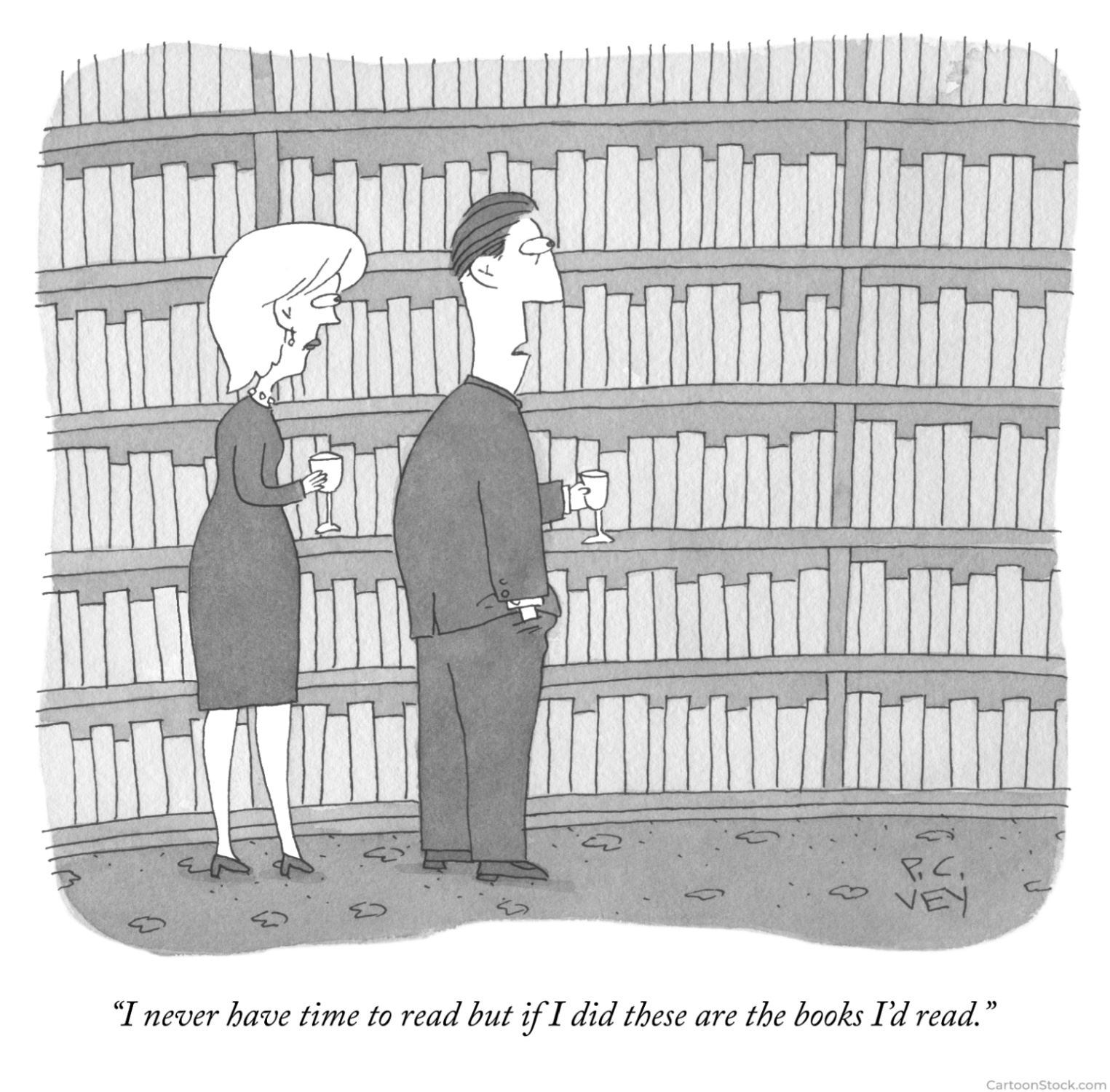When the news broke late yesterday that Elon Musk had successfully acquired Twitter, the reaction among many was predictably dire. Hofstra University associate professor Kara Alaimo, for instance, forecast on CNN that the Twitter sale “may be the death knell for the social media platform.” And under the ominous headline, “Twitter Under Elon Musk Will Be a Scary Place,” Greg Bensinger suggested that when Musk insists Twitter be an “inclusive arena for free speech,” what he really means is “free speech for people like Mr. Musk.”
This New York Times editorial board member went on to portray Twitter’s new owner as a paragon of racism, sexism, and wealth—with Dr. Alaimo further speculating that public figures “won’t want to be associated” with a platform that isn’t “inclusive” and which is known to spread “questionable” content.
These are precisely the concerns, of course, which have motivated well-intentioned efforts over recent years—accelerated since the election of President Trump—to use moderation on social media platforms to encourage people to have the right kinds of conversations.
About the election. About the pandemic. About sexuality and gender. About climate change.
If only we could help people embrace the right information and “diligently combat misinformation”—so the argument goes—then we could ensure people (and society as a whole) would be moving forward in “healthy” and “safe” ways. As people of faith have fled social media in record numbers, they’ve also made it an even more barren landscape intellectually and spiritually.
There’s nothing wrong with strongly advocating one’s convictions about truth to all the world—an unabashed specialty of Christians everywhere. But when any particular view gets enshrined in a state or other corporate or media entity with the power to dictate thought and action for millions of lives, that’s a whole ‘nother story.
Which is why many of us see news of Twitter’s new ownership as something to celebrate, not a sign of impending doom, and why some people who had left the platform wasted no time in returning.
Thanks to new ownership, I’ve decided to come back! ?
— Mark R. Levin (@marklevinshow) April 25, 2022
New opportunities for voices of faith online. In recent years, many millions of right-leaning and religiously-oriented Americans have admittedly given up on social media. Completely.
Rarely a week goes by that I don’t hear of some other friend bragging about deleting all their social media accounts. And can you really blame them?
From rampant animosity to mounting censorship to creeping pornography, online social engagement presented lots of risks—and seemingly few benefits. Yet ironically, as people of faith have fled social media in record numbers, they’ve also made it an even more barren landscape intellectually and spiritually.
Perhaps it isn’t yet time to flee into our ideological bomb shelters? Indeed, in this very moment in time where blue checks on Twitter threaten a mass exodus, could it be time for normal Americans to move in the opposite direction—reclaiming ground they had been ceding in “the new public square for discourse and engagement,” as Utah state senators Stuart Adams and Mike McKell called social media in these pages last year?
I sure think so. And I’m definitely not the only one encouraging you to “stop deleting your Facebook” (and Twitter). Referring to the “small trickle” of efforts to communicate hopeful messages through social media, Elder David A. Bednar encouraged an audience of Latter-day Saints in 2014 to “help transform that trickle into a flood” in a way that could “sweep the earth with messages filled with righteousness and truth—messages that are authentic, edifying, and praiseworthy.”
Such counsel echoes the earlier wisdom of Supreme Court Justice Louis Brandeis, who wrote in 1927 that when a need arises to “expose … falsehood and fallacies” or “avert the evil” around us, “the remedy to be applied is more speech, not enforced silence.”
It’s not just Christians, of course, who have things of great worth to share with the world. Imagine what would happen if everyone had a chance to share what they found to be good, true, and beautiful with the world. What a world that would be!
Sensible social media concerns. We don’t, of course, live in an Edenic intellectual world where everyone opening their mouth has something beautiful to share. And in that, we should take seriously reminders that “Twitter has never been a place for rational, nuanced speech” and cautions about inadvertently “silencing many people” and pushing away “thoughtful users” who “aren’t going to voluntarily keep using a platform on which they’re bombarded with abuse.”
Clearly, some kind of healthy moderation will always be helpful anywhere ideas are exchanged—be that online or in person. But no amount of policing can replace our own collective exercise of virtuous exchange—including both practiced civility and decency in our sharing, and enough humility and curiosity to listen as others do the same.
Yet this is more—not less—important in a time when our civic atmosphere becomes especially strained and harsh. What better time for voices of peace and kindness to be heard? Near the chaotic and anguished beginning of the pandemic, President Russell Nelson taught that light can “shine ever brighter” precisely amidst “the increasing darkness that accompanies tribulation.”
Throughout virtually all of human history, that sharing of goodness has happened personally— one by one. House by house. And door by door. Occasionally in a synagogue—or perhaps standing on a wall in a city.
What would these ancient teachers have thought about possibly standing up on a Facebook wall? Would they have scoffed and turned away in disgust at the vitriol that some people post back in response?
Arrows certainly didn’t stop them in real life—continuing to share despite being “cast out, and mocked, and spit upon, and smote upon our cheeks.”
Will rhetorical threats stop us from sharing our hearts?
I hope not. Because the risks of sharing goodness are worth it. That experience of being able to bring uplift and encouragement into someone else’s life is worth whatever cost.
None of this, of course, means we need to become “social media experts or fanatics” as Elder Bednar later cautioned—adding, “we do not need to spend inordinate amounts of time creating and disseminating elaborate messages.” Imagine what would happen if everyone had a chance to share what they found to be good, true, and beautiful with the world.
If you are one of the many with an unhealthy relationship with social media, by all means, take a detox, a fast, a vacation for as long as you need. If you’re one for whom social media has fed unhealthy obsessions or cravings—even tempting you to initiate toxic relationships—put in place strict safeguards, perhaps a joint account with someone else you trust and love. If you’re one for whom social media has become a nexus of toxic social comparison—and a regular way to “grind down” your own self-esteem—use this as an opportunity to step back and consider seriously what and where your worth comes from.
Yes, the risks and dangers of social media are real—especially in excessive, unbounded, unguided ways. Christopher Cunningham once cautioned about the strong pull of our surrounding culture to make “peeping Toms” of all of us, as we look in on people’s lives with obsessive fascination—alternatively craving aspects of someone else’s lives and then “reveling in another person’s sin, crimes, escapades, or misery.”
That doesn’t have to be how we act though! Because we can also choose to “rejoice not in iniquity” (wrong-doing, injustice, sin, evil),” and to instead “rejoice in the truth.”
A truth so precious that it’s worth every sacrifice to share, with anyone who will listen.
Anywhere. Including online.
Even in 280 characters.
___________________
We gathered seven tips for “healthier social media engagement” last year as a magazine, copied below:
- Careful boundaries. Be conscientious of the time and place you engage in something like Facebook: Not at work, school, or Church. Not when around children. And not right before bed—or first thing in the morning. Fight (hard) to preserve times in which your attention is needed for present commitments and people.
- Be proactive more than reactive. Rather than spending your time on Facebook just reacting to what others say, consider planning out (and maybe writing out) what you want to share before even going on the platform, as well as individuals you want to contact first—before scrolling any news or messages that have come in.
- Healthy expectations of response. Don’t impose on yourself unrealistic expectations of responding to every message or response that comes. While doing your best to listen to what others are saying, it’s not necessary to respond, address, validate, and moderate everything that happens. So, don’t try!
- Don’t take disagreement personally. When someone shares another perspective (or even a critique of what you’ve said), practice taking a breath and “sitting with the discomfort” in a way that lets you hear what they are trying to say. Is there anything in what they are sharing that you can appreciate or validate? Start there. If you choose to respond, thank them for being willing to share another perspective, and point out what you find helpful about it. Then share, even just briefly, what else their thought brings to mind. (If a back-and-forth ensues, remember you can choose to follow it further if it’s helpful—or move on, and not feel pressured to continue it.)
- Block toxic voices anytime you need. If someone shows up not interested in real conversation, and (clearly) only wanting to attack, don’t feel bad about blocking them from your page. You can also choose to hide their posts but stay friends. Be careful not to over-interpret honest disagreement as an “attack.” This is about protecting your page from haters—not manicuring it towards ideological uniformity.
- Embrace pluralism and healthy contestation. Embrace the pluralism of our public spaces—and commit to be a part of it, however challenging, scary, and exhilarating it can all be.
- Take regular social media sabbaths, vacations, and daily pauses. Once a week, we have found it helpful to take a complete and total break from social media for a full day (like Sunday)—along with similar breaks on a daily basis. Try to reserve first thing in the morning or the last thing at night—the bookends of your day—for the people most important in your life, including God.


















